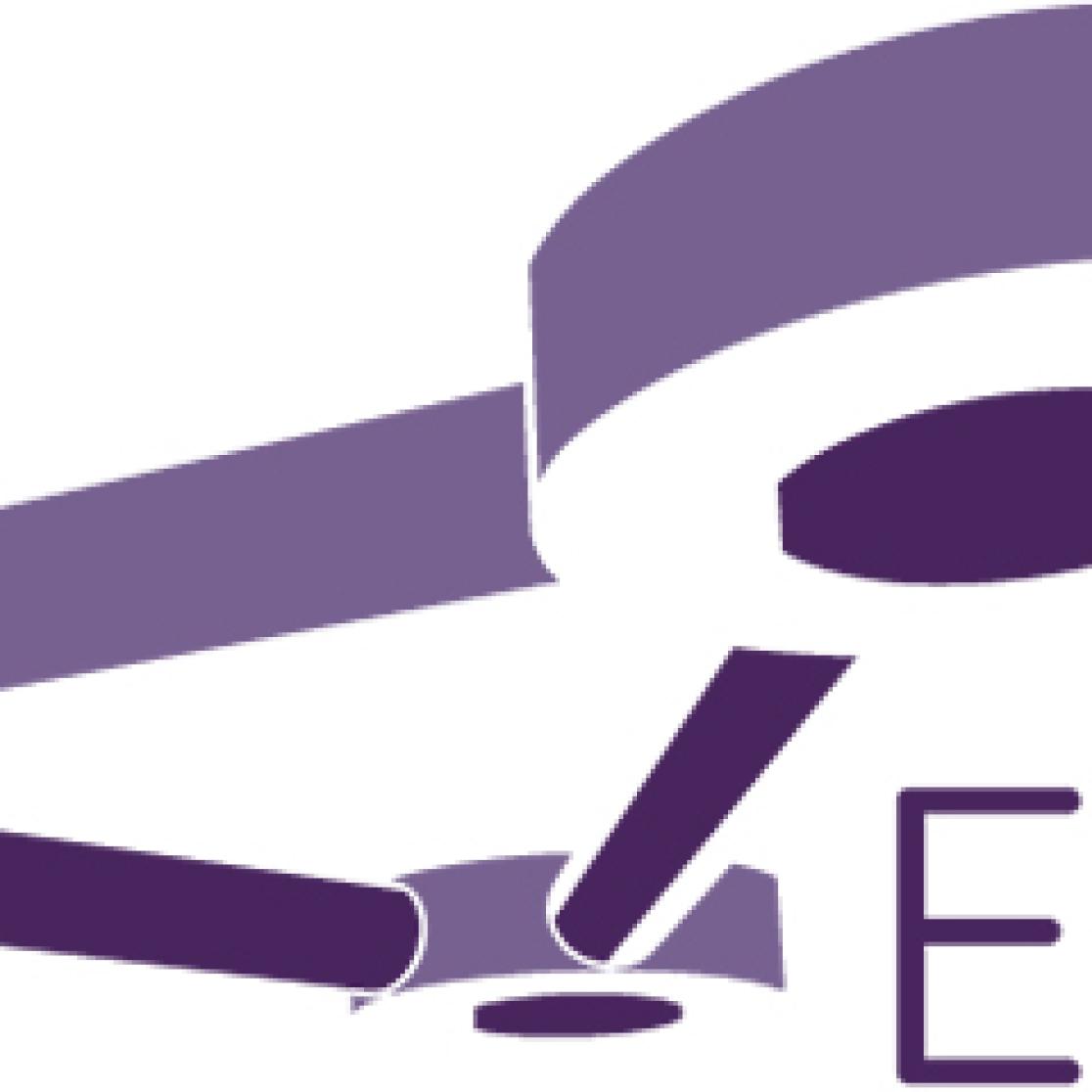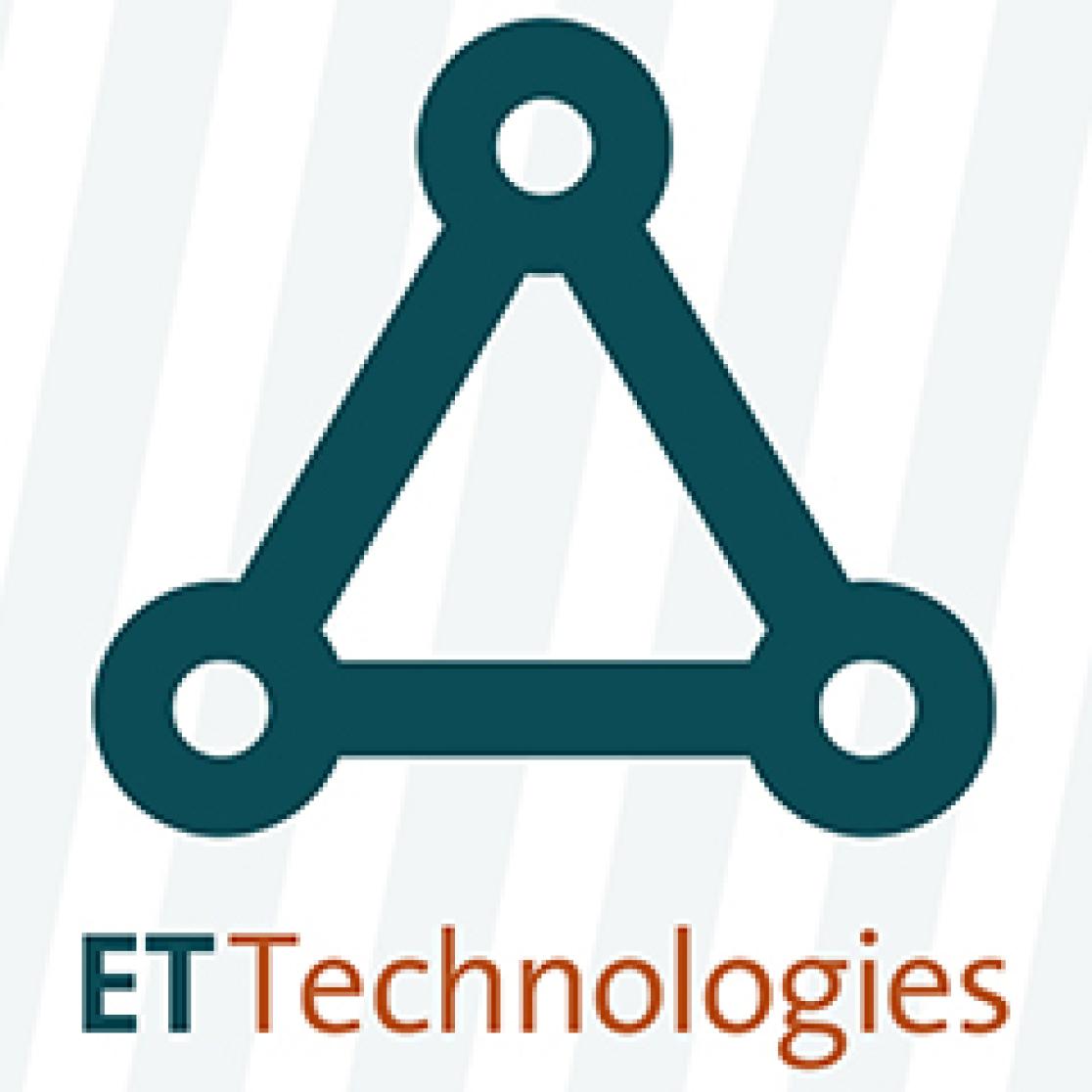Research
Research at the Department of Gravitational Waves and Fundamental Physics is split into two research lines:
- Gravitational Waves research
- Particle Physics research
E-TEST
The Interreg project E-TEST is a very important step of the Einstein Telescope, as it will be a proof of concept, both on the prototype side and on the geological side.
- E-TEST will build a prototype – a large suspended mirror at cryogenic temperature (10 Kelvin) – to validate the telescope’s technology.
- E-TEST will also run an underground study to map and model the geology of the Euregio Meuse-Rhine.

Einstein Telescope Technologies (ETT)
There are technical challenges in a number of areas to realise the Einstein Telescope (ET). For example: vibration-free cooling, better sensors, new algorithms to isolate gravitational wave signals from noise, and the realisation of the world's largest ultra-high vacuum system. In addition, it is essential to properly characterise the subsurface in order to find out how the Einstein Telescope can best be installed in it. It is also important to investigate how the Einstein Telescope can be built and used in the most sustainable way possible.
These aspects are all addressed in the Einstein Telescope Technologies (ETT) project. In this project, a consortium consisting of 12 knowledge institutions and companies is working together to overcome these technical challenges.
